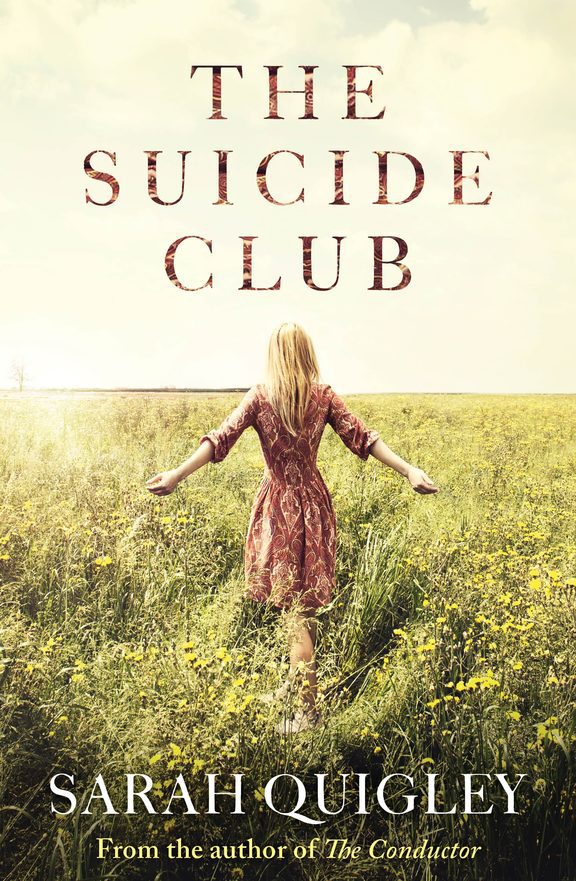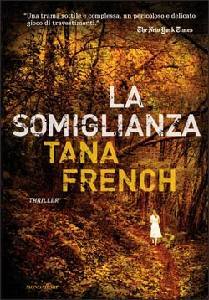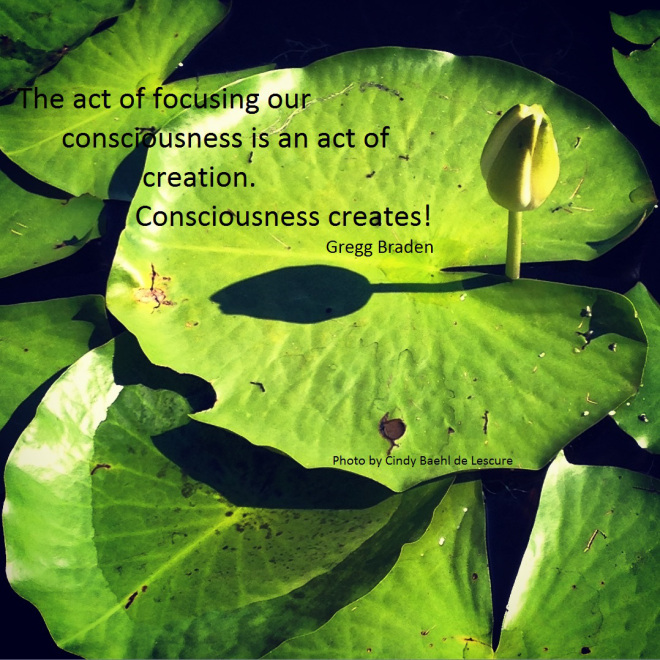This review first appeared on The Spinoff on 11 July 2017.
 Last week’s “Break the Silence” series by Olivia Carville in the New Zealand Herald was intended to start a national conversation about youth suicide. Are we not already having that conversation? From my own high school days, some 20 years ago, I remember much handwringing and hyper-vigilance about peers who were at risk of self-harm; we all talked about it then. These days we have 13 Reasons Why, (everyone’s talking about that) and news media are slowly but surely breaking down the legal wall that prevents them reporting in detail about suicide. Yet suicide is still, according to the blurb on the back of Sarah Quigley’s new novel, the “last taboo”, and in The Suicide Club she is the latest to enter the conversation.
Last week’s “Break the Silence” series by Olivia Carville in the New Zealand Herald was intended to start a national conversation about youth suicide. Are we not already having that conversation? From my own high school days, some 20 years ago, I remember much handwringing and hyper-vigilance about peers who were at risk of self-harm; we all talked about it then. These days we have 13 Reasons Why, (everyone’s talking about that) and news media are slowly but surely breaking down the legal wall that prevents them reporting in detail about suicide. Yet suicide is still, according to the blurb on the back of Sarah Quigley’s new novel, the “last taboo”, and in The Suicide Club she is the latest to enter the conversation.
Quigley, though a New Zealander, is not writing about suicide in the local context. Since winning the Creative New Zealand Berlin Writers Residency in 2000, she has been based in Berlin, and her recent novels have been set squarely in Europe. The Suicide Club opens in an unnamed and indistinct northern English city, and shifts in the second half to a kind of pop-up psychological hospital in an abandoned hotel in rural Bavaria. But it is about youth. The three protagonists, brilliant but damaged, and in serious need of support from the feckless and absent adults in their lives, are all 20 years old and on the brink.
Bright O’Connor has written a runaway bestseller, but, unable to cope with the attention and alienated from his pompous and unpleasant reverend father, all he wants to do is throw himself off a building. He does, in fact, but is saved by landing miraculously on the newspaper cart of Gibby Lux. Gibby is a genius inventor who lives at home with his lightbulb salesman father and alcoholic mother. Gibby’s best friend is Lace McDonald – beautiful, unreachable – who draws people to her but has sealed herself off to all but Gibby in an attempt to escape her past. The three send themselves, or are sent by well-meaning relatives, to “The Palace”, part specialist mental health facility, part spa resort, that moves around every year to ensure anonymity for its richer and more famous clients. There they find, largely in each other, some measure of respite, although one continues to decline while the other two largely recover.
The writing itself is lyrical, stylised, self-referential. We know, and can’t forget, that we are reading a novel, because every so often the narrator will remind us: “Does it strike you as odd, the rises and falls that have occurred in just a few pages? Soaring from rooftops and penthouses, speeding up lift shafts and stairwells; descents external and internal, leaves dropping, clothes slipping, heightened hopes, mounting expectations, lowering of standards, plummeting stomachs, sinking hearts. Life isn’t about trudging forwards; more often than not it’s a series of lurches.” Some reviewers have enjoyed this sort of thing.
And let’s talk about those names for a second: Bright, Gibby, and Lace. I’m not sure what’s achieved by giving these characters such pretentious names, other than to alienate the reader. These aren’t everyday young adults battling the all too common demons of depression, anxiety and social isolation. These three are special.
I guess that’s my gripe with the whole book. Wherever you are in the world, mental illness is pervasive among this age-group, as is self-harm and suicide. It’s terrible in its very ordinariness. Many young people know someone who has taken their own life, often someone very close to them. It’s not the sole preserve of the intellectual, physically or emotionally gifted few. You don’t have to be special to feel like you don’t fit in, that there is no hope for the future, and that ending it all might be the ultimate escape. With this characterisation, those names, the hyper-stylised language, Quigley builds walls between the reader and the gritty, real horror of despair. In this novel, suicide is romantic, almost heroic. I’ve debated hard whether to say I think Quigley glamourises suicide, as I’m sure this is not what she intended, but I think she does.
Here’s another question – can a Gen Xer like Quigley write convincingly about the inner lives of today’s twentysomethings? I fit into that new micro generation recently identified – born between 1977 and 1983, wedged in between Gen X and the millenials – and I feel distinctly removed from the generation below me. The difference is in our childhoods – I had an analogue childhood, they had a digital one. When I was in intermediate I used to email the one other kid in class who had an email address, because nobody else had the internet. I got my first cellphone in my last year of high school. Facebook wasn’t invented until after I left university, and until I was elected to Parliament in 2014 I didn’t have a smartphone. Quigley herself eschews social media entirely, and only uses Google when she has to for research. Good for her! But can she really write a novel about three 20-year-olds, their social connections or lack of them, their mental health, without mentioning the internet? In Quigley’s universe, kids carry paper notebooks around to write down key phrases or ideas for new inventions; they cart stacks of physical books with them wherever they go; their common reference points are Samuel Beckett and George Eliot; they write longhand; make scrapbooks of memories and ideas; never pick up a phone or a computer. Perhaps this is because our protagonists are special, not like other kids, but a 400 page novel about the mental health of three 20-year-olds that doesn’t mention social media in any form even once? I don’t buy it.
I’m left thinking about the 130 young people under 25 who take their own lives each year in New Zealand; the roughly 600 in the UK. These people aren’t special. They haven’t written bestselling novels, or invented the next big thing, they don’t stop an entire room of people in their tracks when they walk in. Too often they are disenfranchised, under-employed, unsupported, addicted, lonely, lost. Their deaths are, tragically, as ordinary as their lives. For them, despite all the talk, despite this novel’s entry into the conversation, the silence remains.
Share this:




